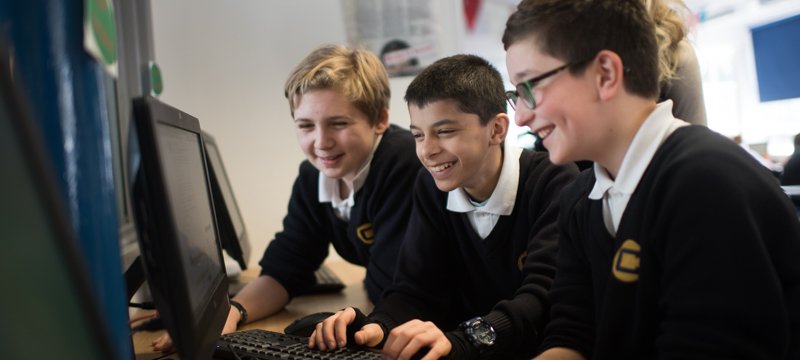Children and young people today are growing up in a globalised world and are processing information from a wider variety of sources than ever before. They need the critical literacy skills to navigate the potential pitfalls when consuming news, particularly when using online sources and social media.
But the final report from the Commission on Fake News and the Teaching of Critical Literacy Skills in Schools, published on 13 June 2018, found that only 2% of children and young people in the UK have the critical literacy skills they need to tell if a news story is real or fake. It also found that almost two-thirds of teachers believe fake news is harming children’s well-being by increasing levels of anxiety, damaging their self-esteem and skewing their world view.
The online proliferation of fake news is also making children trust the news less. Almost half of older children get their news from websites and social media, yet only a quarter of these children actually trust online sources of news. The report also found that half of teachers feel that the national curriculum does not equip children with the literacy skills they need to identify fake news, and a third feel the critical literacy skills taught in schools are not transferable to the real world.
The All-Party Parliamentary Group on Literacy and the National Literacy Trust launched the Commission on Fake News and the Teaching of Critical Literacy Skills in Schools on 13 September 2017. Run in partnership with Facebook, First News and The Day, the commission has gathered a wealth of evidence over the past year on the impact of fake news on children and young people, and the skills children need to be able to spot it.
To inform the commission, the National Literacy Trust launched surveys for primary and secondary school pupils in autumn 2017, to find out what children know about fake news and to measure their ability to spot fake news. We also launched a survey for teachers to gather information on where critical literacy skills are taught, what support teachers would need to improve the teaching of these skills and thoughts on the impact of fake news in the classroom. The results of this survey have now been published in Fake news and critical literacy, the final report from the commission.
Get involved
You can access free teaching resources to use with your pupils in primary or secondary school. These include lesson plans, case studies, discussion cards for use in the classroom, printable posters and more. Parents can also download a top tips guide to help their children get to grips with the issue of fake news.
Create a free login to access the resources.
Through a coordinating role in the News Literacy Network we are working to empower and equip news consumers of all ages with the confidence, knowledge and skills they need to engage critically with news and current affairs.
Further details
If you have any questions about the commission, please email policy@literacytrust.org.uk.
